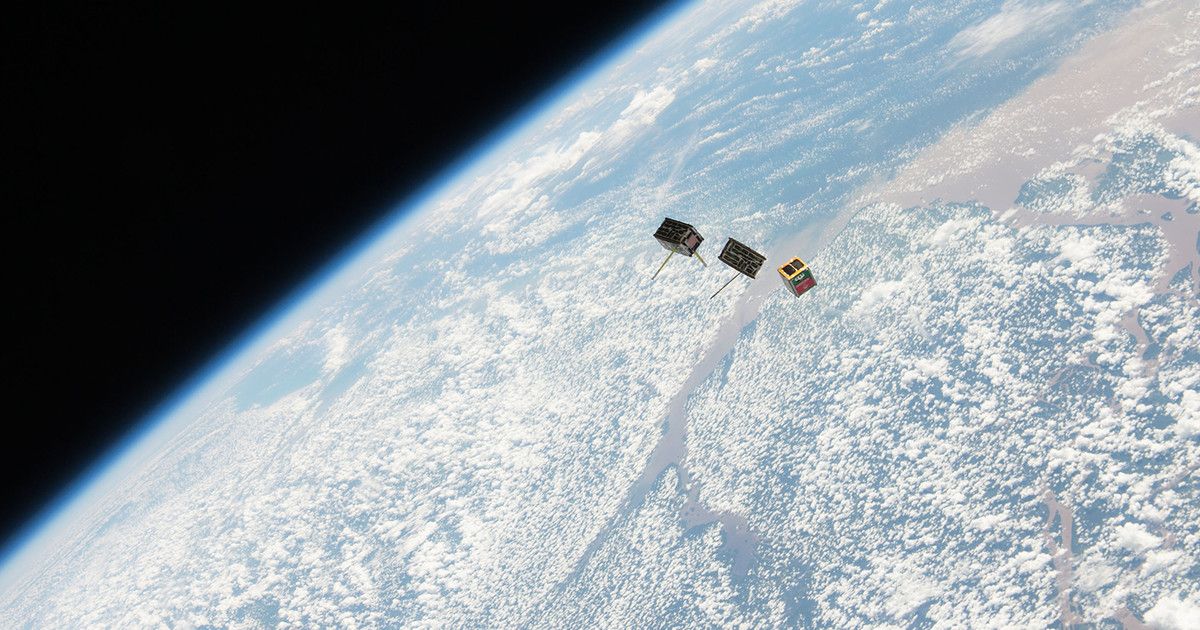Nifty.
Radio communication is a weak point for most military operations — it is often not long enough or strong enough to adequately meet soldiers’ needs. The U.S. Air Force’s “go big or go home” solution to improve their long-distance calls? Supercharge the atmosphere by detonating aerial plasma bombs attached to tiny satellites, reports New Scientist.
The Air Force is asking for help in developing plasma bombs, which would be delivered to the atmosphere by tiny cube satellites and then detonated to release ions upon arrival. The Air Force is working with several research teams, each of which is tasked with coming up with their own design for the plasma bombs. The first stage of the project is theoretical, requiring researchers to come up with an atmospheric plasma delivery method. Selected researchers then will be invited to test their proposal in a vacuum chamber simulator and eventually on exploratory flights.
One team, comprised of researchers from Drexel University and General Sciences, is developing a controlled bomb that uses a chemical reaction to heat a piece of metal beyond its boiling point. Once vaporized, the metal will react with atmospheric oxygen to create the ionized plasma. Another proposal under development by researchers from the University of Maryland and Enig Associates also uses vaporized metals to supercharge the atmosphere. This proposal is much more explosive, though, using mini-detonations to heat pieces of metal rapidly, causing them to vaporize. The amount of plasma produced in this latter reaction can be controlled by changing the intensity and form of the explosion.
